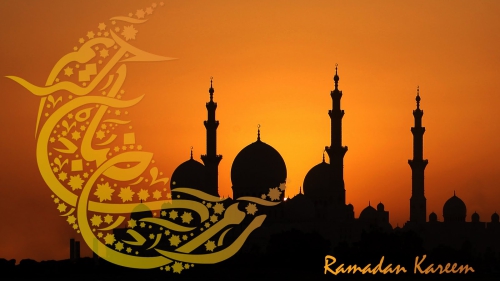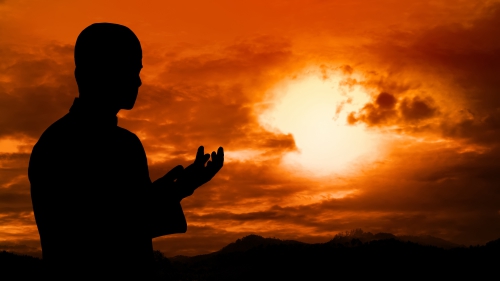Limited Hajj, Expanded Opportunities

This year, the Hajj will take place in the most unusual circumstances. The pilgrims will wear masks and maintain social distance when standing at Arafat, stoning Satanic pillars and staying at Mina or circling the House of God. Non-Saudi Arabian residents will not participate in the annual pilgrimage that hosts millions from all 200 plus countries.
The pandemic does not discriminate and loves people's assembly. The Hajj is one of the largest gatherings of Muslims and a fertile occasion for the Virus. The decision by the monarchs of Saudi Arabia, to limit the pilgrimage to a few, painful as it is, offers a sensible and practical strategy to protect pilgrims from harm.
Epidemics and pandemics hit pilgrims at least nine times from 1814 until 1987. About 100,000 perished in those epidemics in 1814, 1831, 1837, 1846, 1858, 1864, 1892, 1895 and 1987. Hopefully, 2020 will not add significant numbers to those who died in epidemics in the past.
Human life is sacred and a divine gift. The Prophet respected human life and, on one occasion, looking at the Kaba, said: "You are dear to me, but the life of a human is more precious to me."
The Quran said: "... It may well be that you hate a thing the while it is right for you, and it may well be that you love an idea the while it is bad for you: and God knows, whereas you do not know. (2:216)
Muslims will feel the absence of millions from Makkah and Medina, but most likely this year, the Hajj interest increases the interest of people in the Hajj may multiply. Muslims around the world may turn on their televisions and computers during the first 13 days of Dhul Hijjah to watch the Hajj proceedings with increased interest. Even non-Muslims may like to view the Hajj and rituals associated with it.
It is an opportunity for Hajj organizers and pilgrims to show discipline and organization in their observation of rituals. It will offer an example to other religious communities to organize large gatherings of people in a safe environment. It will also allow others to learn about an Islam that respects human life, believing that God is in the hearts of the people, and the real purpose of rituals is to experience the closeness with Him.
It is this spirit that is dear to God.
Dr. Aslam Abdullah is the resident scholar of IslamiCity.
Topics: Hajj, Heart, Life And Death, Pandemic
Views: 921
Related Suggestions

















